Home>Gardening & Outdoor>Landscaping Ideas>How To Eliminate Clover In Lawns


Landscaping Ideas
How To Eliminate Clover In Lawns
Modified: August 28, 2024
Learn effective landscaping ideas to eliminate clover in lawns and achieve a lush, weed-free yard. Discover expert tips and techniques for a beautiful, healthy lawn.
(Many of the links in this article redirect to a specific reviewed product. Your purchase of these products through affiliate links helps to generate commission for Storables.com, at no extra cost. Learn more)
Introduction
Understanding the Dilemma of Clover in Lawns
Picture this: a lush green lawn, meticulously mowed and lovingly tended, yet marred by the presence of an unwelcome guest – clover. While some may find the sight of clover endearing, others view it as a persistent and invasive weed that disrupts the uniformity of a well-manicured lawn. If you belong to the latter camp, fret not, for you are not alone in your quest to eliminate this pesky intruder.
Clover, scientifically known as Trifolium, is a perennial weed that thrives in lawns, gardens, and meadows. Its distinctive three-lobed leaves and small white or pink flowers may possess a certain rustic charm, but its rapid spread and resilience make it a formidable foe for those striving for a flawless expanse of grass.
In this comprehensive guide, we will delve into the various methods of eradicating clover from lawns, ranging from preventive measures to chemical and organic control techniques. By understanding the nature of clover and arming yourself with the right strategies, you can reclaim your lawn's pristine appearance and restore it to its former glory. So, let's embark on this journey to bid farewell to clover and usher in a landscape that exudes beauty and vitality.
Understanding Clover in Lawns
Key Takeaways:
- Say goodbye to clover in your lawn by mowing regularly, fertilizing, and maintaining optimal soil conditions. Prevent, control, and eliminate clover for a lush, uniform, and clover-free landscape.
- Combat clover with natural remedies like soil aeration, overseeding, and organic herbicidal solutions. Embrace eco-friendly methods to nurture a healthy, resilient, and clover-free lawn.
Read more: When To Plant Clover Seed For Lawn
Unveiling the Nature of Clover
Before delving into the eradication methods, it’s crucial to comprehend the characteristics and behavior of clover. Clover is a resilient plant that belongs to the legume family, known for its ability to fix nitrogen in the soil, thus enriching it with this essential nutrient. This unique trait endears clover to some, as it contributes to soil fertility and overall ecosystem health. However, its unchecked proliferation can pose a challenge for those seeking a uniform and clover-free lawn.
Clover tends to thrive in areas with low nitrogen levels, making it a common sight in lawns suffering from nutrient deficiencies. Its adaptability allows it to flourish in diverse soil types and withstand varying levels of moisture, making it a formidable adversary in the battle for a pristine lawn. Additionally, clover has a remarkable resilience to foot traffic and can thrive in compacted soil, further complicating its eradication.
One of the distinguishing features of clover is its ability to spread through seeds and creeping stems, enabling it to establish a strong foothold in lawns over time. Its rapid growth and resilience make it a persistent nuisance for those striving to maintain a uniform expanse of grass.
Furthermore, clover’s presence can be attributed to factors such as improper lawn care practices, including infrequent mowing, inadequate fertilization, and suboptimal watering routines. Understanding these underlying causes can provide valuable insights into preventing the recurrence of clover infestations and maintaining a healthy, vibrant lawn.
By gaining a deeper understanding of clover’s adaptive traits and growth patterns, you can develop a targeted approach to eliminate its presence and prevent future incursions. Armed with this knowledge, you are better equipped to embark on the journey of reclaiming your lawn from the clutches of clover and restoring its natural splendor.
Prevention and Maintenance
Proactive Measures to Safeguard Your Lawn
Preventing the encroachment of clover in your lawn requires a proactive approach that addresses the underlying factors contributing to its proliferation. Implementing effective preventive measures and adopting sound maintenance practices can significantly diminish the likelihood of clover infestations, thereby preserving the immaculate appearance of your lawn.
Regular Mowing and Fertilization
Maintaining a consistent mowing schedule is essential for not only promoting the growth of grass but also impeding the spread of clover. By ensuring that the grass remains at an optimal height, you create an environment that is less conducive to clover growth. Additionally, regular fertilization can bolster the health and density of the grass, reducing the available space for clover to take root.
Optimal Soil Conditions
Conducting a soil test to assess its nutrient composition can offer valuable insights into any deficiencies that may be promoting clover growth. Adjusting the soil’s pH levels and addressing any nutrient imbalances can create an environment that is less hospitable to clover, thereby inhibiting its proliferation.
Read more: What Type Of Clover Is Best For Lawns
Adequate Watering Practices
Establishing a consistent and appropriate watering routine is crucial for maintaining a robust and healthy lawn while deterring the expansion of clover. By ensuring that the grass receives sufficient moisture without creating waterlogged conditions, you can promote its vitality and resilience, making it more challenging for clover to establish itself.
Thwarting Clover Seed Formation
Regularly inspecting your lawn for clover flowers and promptly removing them can impede the formation of seeds, thereby curtailing the spread of clover. This proactive measure can prevent the replenishment of the clover seed bank in the soil, diminishing the likelihood of future infestations.
By integrating these preventive measures into your lawn care regimen, you can fortify your lawn against the encroachment of clover and maintain its pristine allure. These proactive steps not only deter the establishment of clover but also contribute to the overall health and vibrancy of your lawn, ensuring that it remains an emblem of natural beauty and vitality.
Chemical Control
Harnessing the Power of Selective Herbicides
When preventive measures alone are insufficient in curbing a persistent clover infestation, chemical control methods can offer a targeted and effective solution. Selective herbicides formulated specifically for broadleaf weed control, including clover, can be instrumental in eradicating this resilient intruder from your lawn.
Understanding Selective Herbicides
Selective herbicides are designed to target specific types of weeds while preserving the health and vitality of desirable grass species. In the case of clover, selective herbicides containing ingredients such as 2,4-D, dicamba, and clopyralid can effectively combat its presence without harming the surrounding grass. These herbicides disrupt the growth and development of clover, ultimately leading to its demise while safeguarding the integrity of the lawn.
Read more: How To Plant A Clover Lawn Over Grass
Application Techniques
Prior to applying selective herbicides, it is imperative to carefully read and adhere to the manufacturer’s instructions to ensure safe and effective usage. Optimal application conditions typically include a period of mild weather with minimal wind to prevent herbicide drift. Applying the herbicide when clover is actively growing and not under stress maximizes its absorption and efficacy, enhancing the likelihood of successful eradication.
Post-Emergent Herbicides
Post-emergent herbicides are particularly effective in targeting established clover plants, penetrating their foliage and impeding their growth. These herbicides are best applied when clover is in its active growth phase, ensuring that the plant absorbs the herbicidal components and succumbs to their potent effects. Regular monitoring of the treated areas is essential to assess the herbicide’s impact and identify any residual clover that may necessitate further treatment.
Vigilance and Precision
While selective herbicides offer a potent solution for clover control, exercising vigilance and precision during their application is paramount. Carefully targeting the affected areas and avoiding overspray onto desirable vegetation is crucial to prevent unintended damage. Additionally, adhering to recommended application rates and timings is essential for maximizing the herbicide’s efficacy while minimizing the risk of adverse effects on the lawn.
By leveraging the targeted capabilities of selective herbicides, you can combat clover infestations with precision and efficacy, restoring your lawn to its pristine state. When employed judiciously and in conjunction with preventive measures, chemical control methods can serve as a potent tool in your arsenal against the encroachment of clover, ensuring that your lawn remains a verdant oasis of natural beauty.
Organic Control Methods
Nurturing a Clover-Free Lawn through Natural Remedies
For those seeking an eco-friendly and natural approach to combat clover infestations, organic control methods offer a sustainable and harmonious solution. By harnessing the power of nature’s remedies and employing organic practices, you can effectively diminish the presence of clover in your lawn while nurturing a healthy and vibrant ecosystem.
Enhancing Soil Health
Promoting soil health and fertility is foundational to thwarting the proliferation of clover. Aerating the soil to alleviate compaction, improving drainage, and incorporating organic matter such as compost can create an environment that is conducive to robust grass growth while inhibiting the expansion of clover. Additionally, maintaining optimal soil pH levels through natural amendments can further deter clover infestations.
Overseeding and Thickening the Lawn
Overseeding the lawn with high-quality grass seed can bolster its density, reducing the available space for clover to establish itself. By fostering a lush and thick carpet of grass, you create a competitive environment that impedes the growth of clover, ultimately diminishing its prevalence. Additionally, selecting grass varieties that are well-suited to your region and climate can fortify the lawn against weed encroachments.
Natural Herbicidal Solutions
Embracing natural herbicidal solutions such as vinegar-based sprays can offer an effective means of targeting clover while minimizing the impact on the surrounding environment. Diluted vinegar, when applied directly to clover patches, can desiccate and weaken the plants, leading to their gradual decline. It is important to exercise caution and precision when applying natural herbicidal solutions to prevent unintended damage to desirable vegetation.
Comprehensive Lawn Care Practices
Implementing holistic lawn care practices, including regular mowing at the appropriate height, adequate watering, and proper fertilization with organic amendments, can fortify the lawn against clover infestations. By nurturing a resilient and vigorous grass cover, you create an environment that is less hospitable to clover, fostering a harmonious and sustainable landscape.
By embracing organic control methods and integrating them into your lawn care regimen, you can cultivate a clover-free expanse of grass while nurturing the overall health and vitality of your lawn. These natural remedies not only combat clover infestations but also contribute to the creation of a thriving and resilient ecosystem, ensuring that your lawn remains a testament to the beauty and resilience of nature.
Conclusion
Read also: 10 Amazing Clover Killer For Lawns For 2025
Embracing a Clover-Free Landscape
As we conclude this exploration of eliminating clover from lawns, it is evident that the battle against this persistent weed requires a multifaceted approach that encompasses prevention, maintenance, and targeted control methods. Understanding the adaptive traits of clover and its resilience is fundamental to devising effective strategies that safeguard the pristine allure of your lawn.
By integrating proactive measures such as regular mowing, optimal fertilization, and soil enrichment, you can create an environment that is less conducive to clover growth, thereby fortifying your lawn against potential infestations. Additionally, embracing organic remedies and natural herbicidal solutions offers a sustainable and environmentally friendly means of combating clover while nurturing the overall health of your lawn.
For those facing persistent clover infestations, selective herbicides tailored for broadleaf weed control provide a targeted and potent solution, enabling the eradication of clover while preserving the integrity of the surrounding grass. It is crucial to exercise precision and caution during herbicide application to minimize unintended effects and ensure optimal efficacy.
As you embark on the journey to reclaim your lawn from the clutches of clover, remember that persistence and a comprehensive approach are key to achieving lasting success. By nurturing a resilient and vibrant lawn through diligent care and targeted interventions, you can realize a landscape that exudes natural beauty and vitality, free from the encumbrance of clover.
Ultimately, the quest to eliminate clover from lawns is a testament to the enduring bond between humans and the natural world. By harmonizing our efforts with the regenerative power of nature, we can cultivate landscapes that are not only visually captivating but also sustainable and resilient, reflecting the timeless beauty of a clover-free expanse of grass.
Frequently Asked Questions about How To Eliminate Clover In Lawns
Was this page helpful?
At Storables.com, we guarantee accurate and reliable information. Our content, validated by Expert Board Contributors, is crafted following stringent Editorial Policies. We're committed to providing you with well-researched, expert-backed insights for all your informational needs.
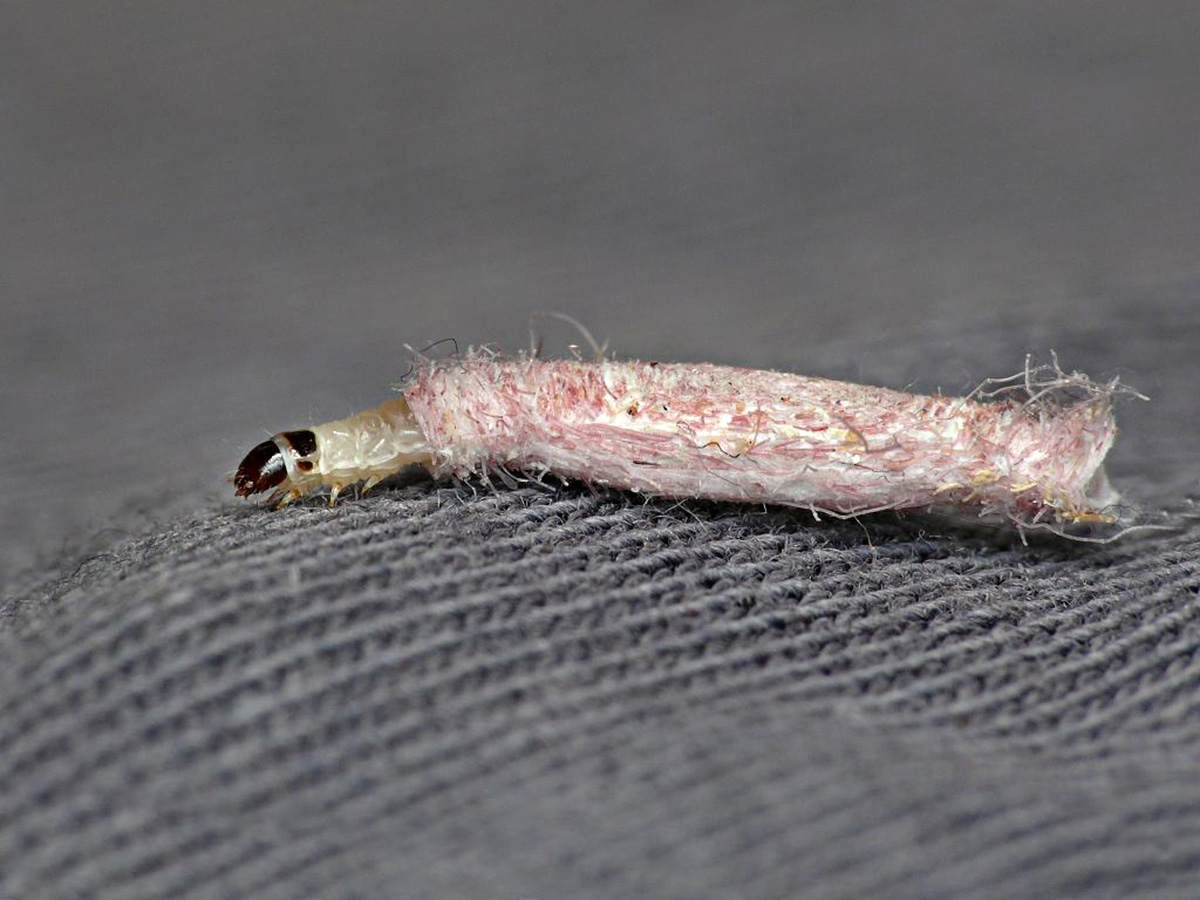
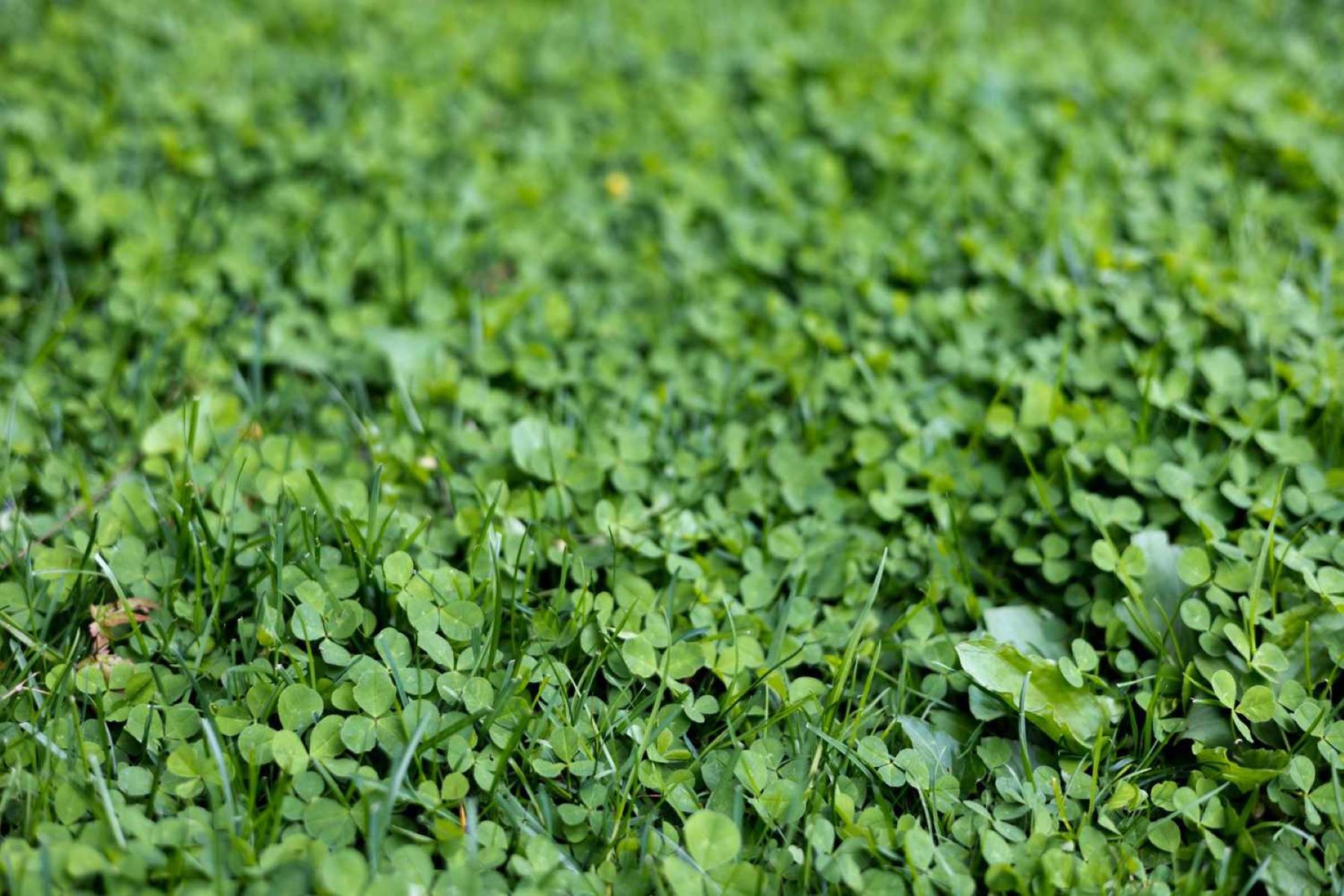
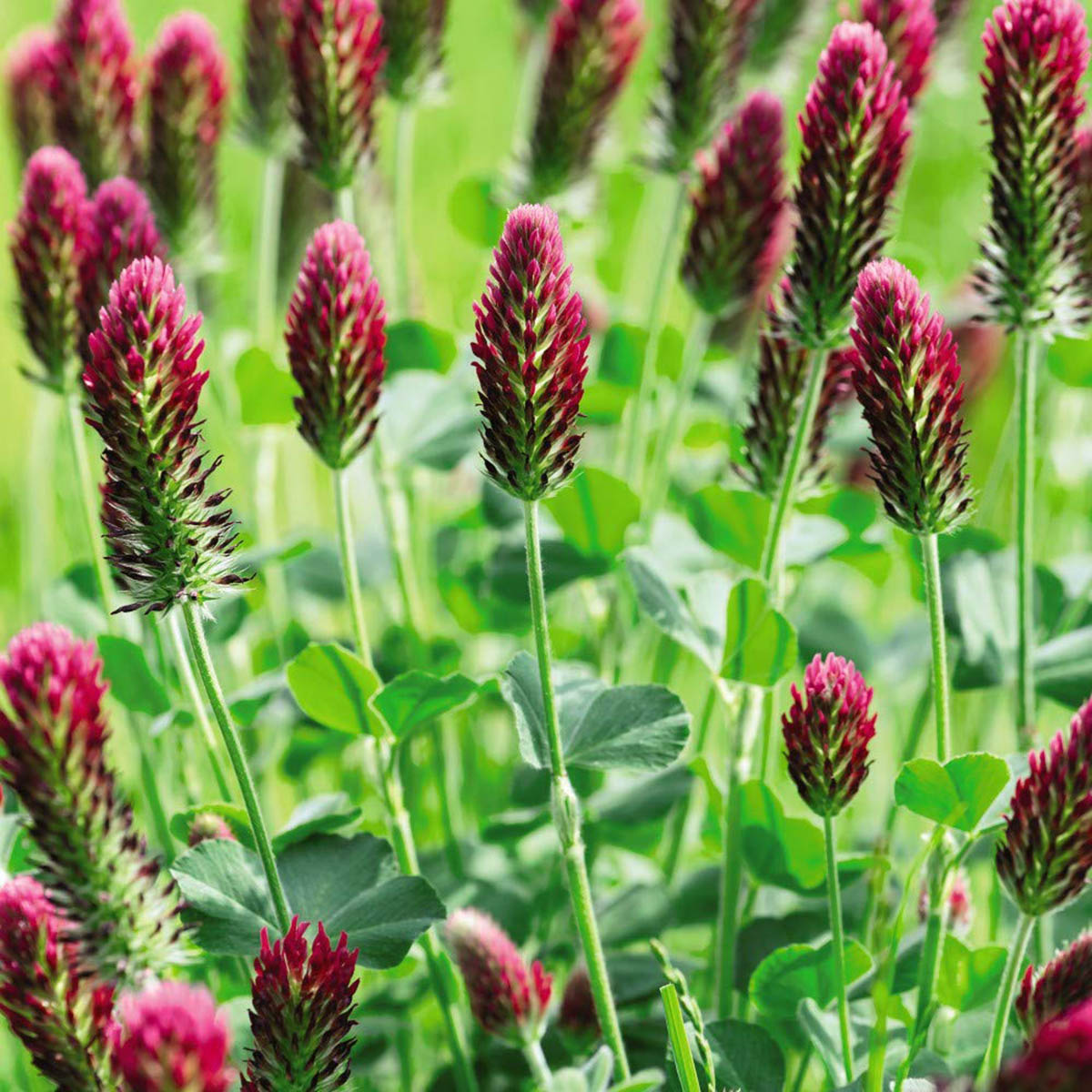
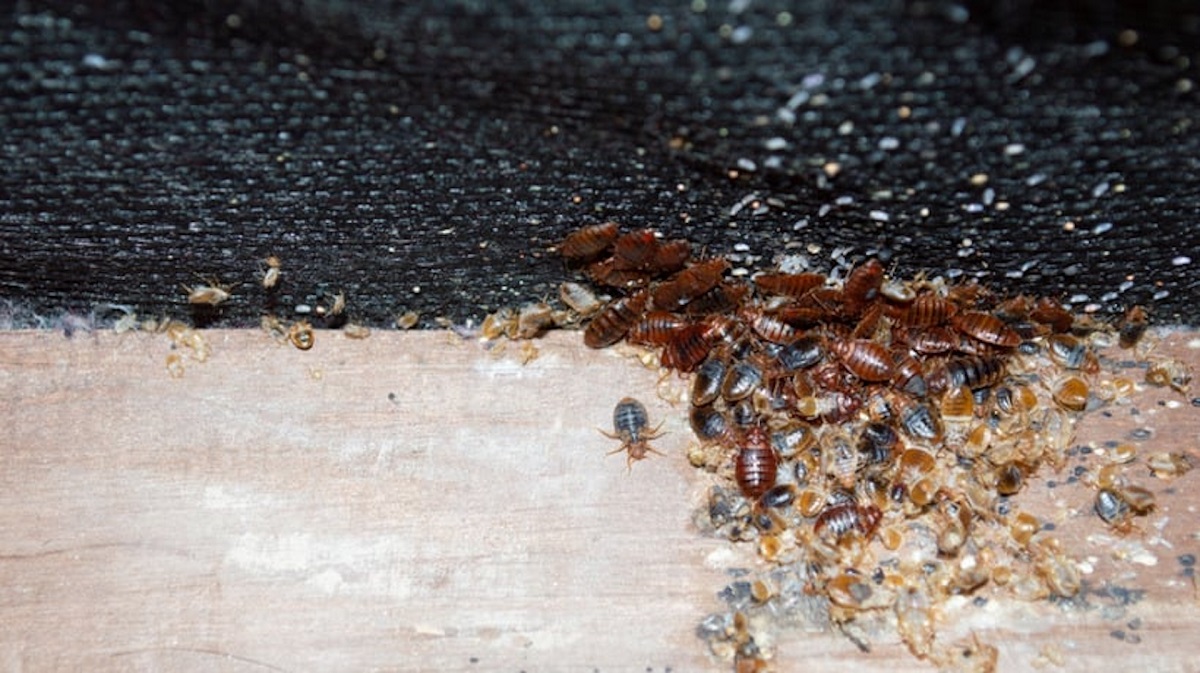
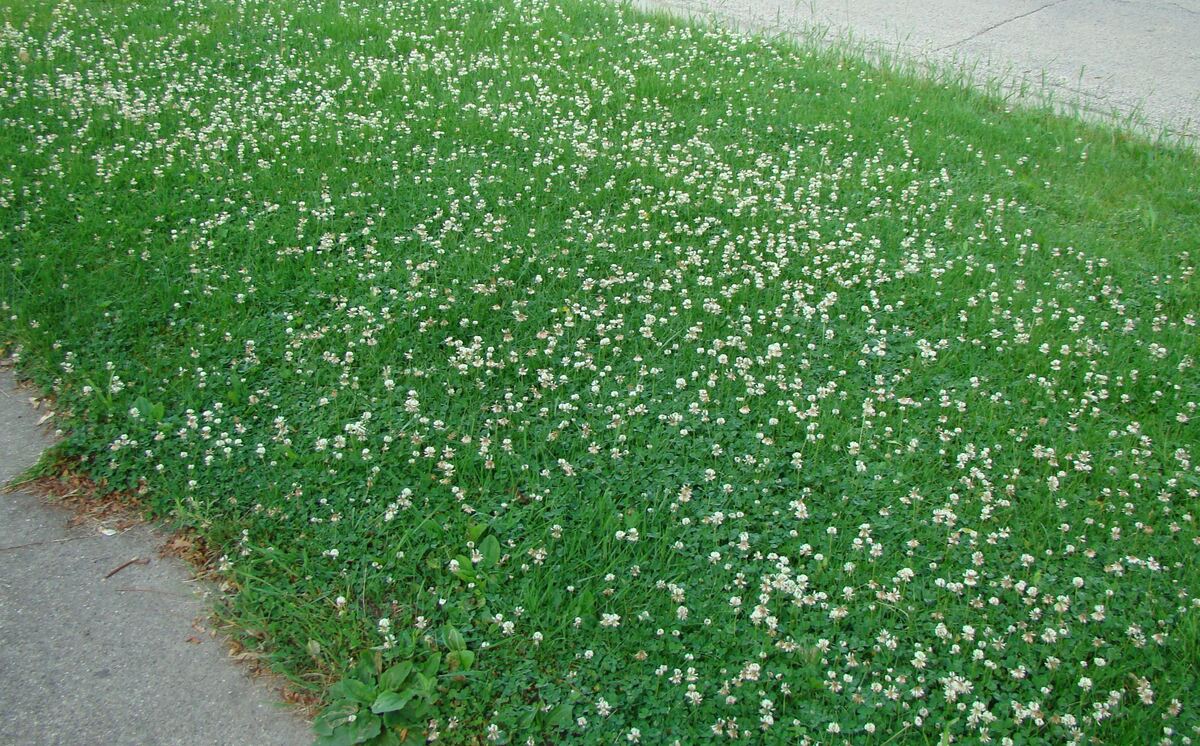
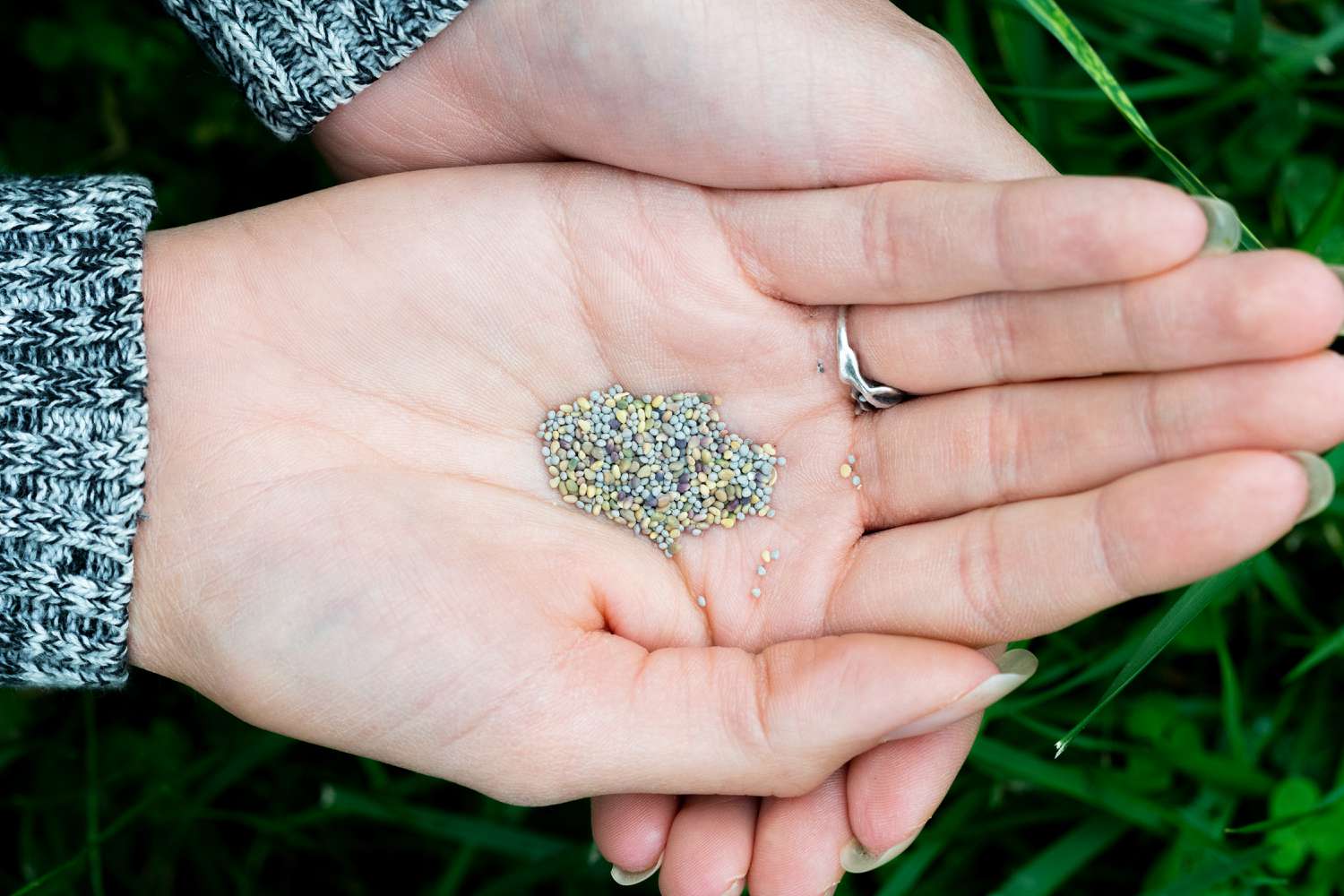
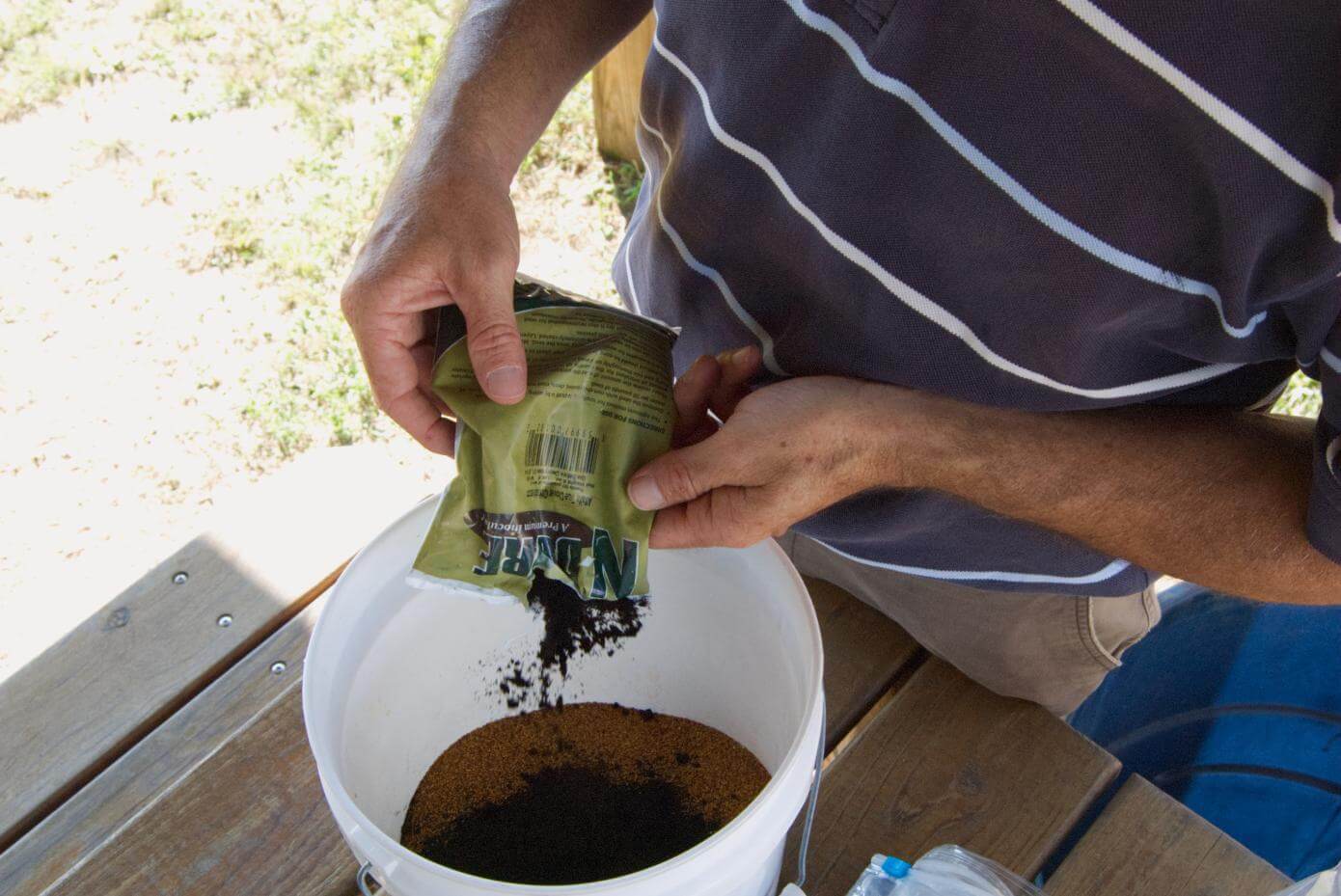


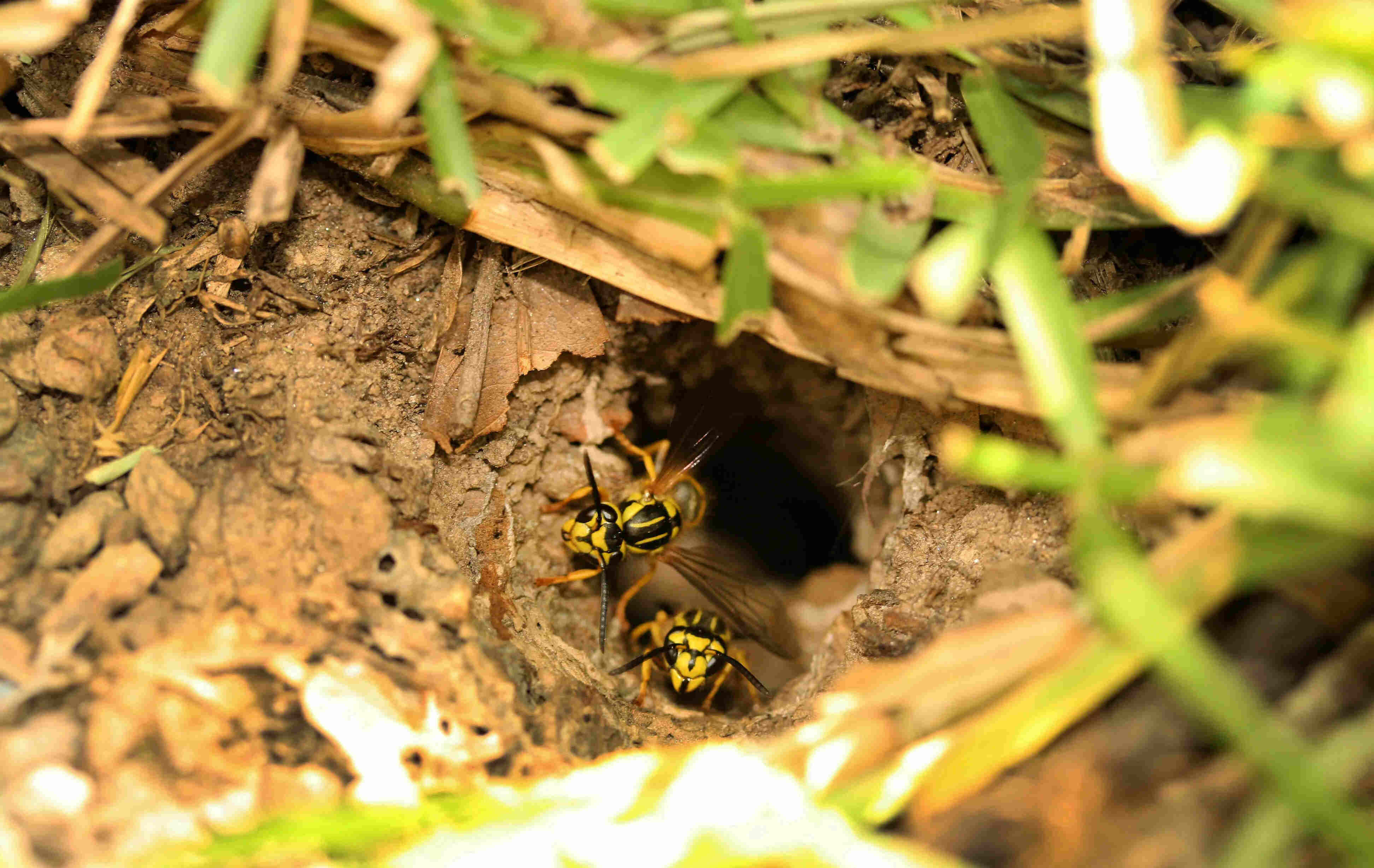


0 thoughts on “How To Eliminate Clover In Lawns”